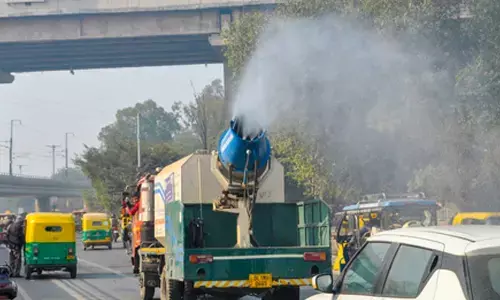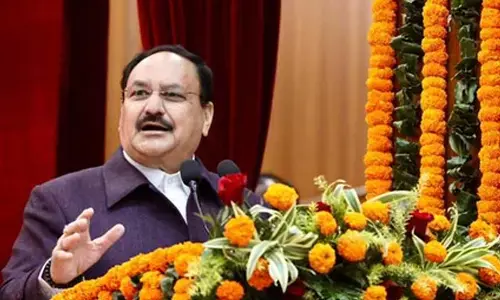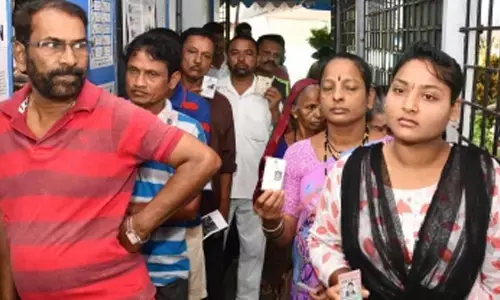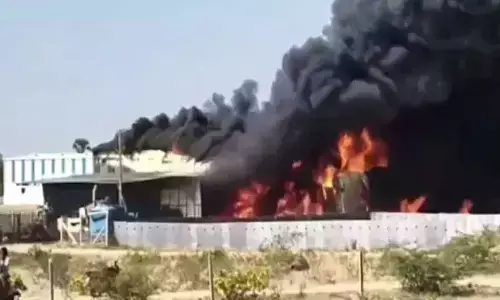India-China rift out in the open
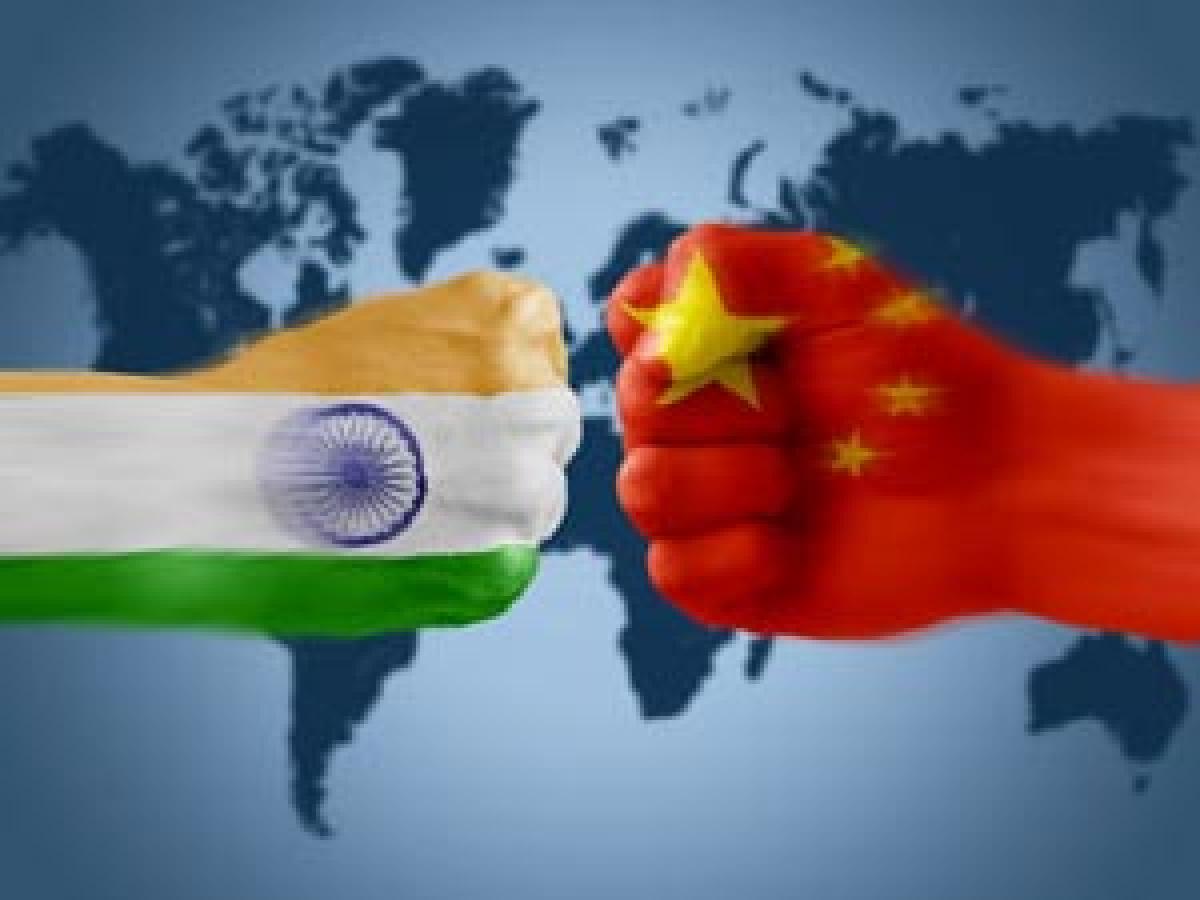
The plenary meeting of the 48-member NSG (Nuclear Suppliers Group) in Seoul ended on June 24 with no specific reference to India’s application as a participating government. China supported by a few other nations was able to block any meaningful discussion on the subject.
The plenary meeting of the 48-member NSG (Nuclear Suppliers Group) in Seoul ended on June 24 with no specific reference to India’s application as a participating government. China supported by a few other nations was able to block any meaningful discussion on the subject.
This inconclusive result, for sure, is a tactical setback for Prime Minister Narendra Modi's government but not quite the disaster that some voices in the political spectrum have made it out to be. However, the fallout of Seoul can have long-term implications for the India-China bilateral relationship and the related realisation of the ‘Asian century.’
Apropos Seoul, the first question that needs to be addressed objectively is whether formal admission to the NSG as a participating government is a desirable objective for India to pursue. If India is to realise its ambitious civilian nuclear programme, many commercial agreements with a large range of global suppliers would have to be concluded swiftly. And Indian entities would benefit by Delhi being listed as a participating government in the export control procedures with a non-linear linkage to risk-insurance-safety clauses; again, tangible benefits in the long run that are not to be scoffed at.
The China factor in the global nuclear conduct has become unambiguously visible. To the extent that nuclear restraint, fidelity to non-proliferation and rectitude in husbanding nuclear material and knowhow are the benchmarks of nuclear capable powers, Beijing has skillfully ensured that the deviant has become the norm.
China, which became a nuclear weapon power in October 1964, is a recent entrant to the global nuclear fold it signed the NPT (Nuclear Non-Proliferation Treaty) only in 1992 and joined the NSG in 2004. However in the mid-1980s Beijing entered into a strategic relationship with the Pakistan military that included the transfer of nuclear weapons and missiles. When charged with transgression of its NPT/NSG commitments, Beijing claimed that all its actions were pre-1992.
The Chinese narrative in summary is that Beijing’s nuclear weapons enhance global stability and security, similar Indian capability is de-stabilising and Pakistan needs both nuclear weapons and an investment in terror groups to balance India; and AQ Khan is a fictional character. Post 9/11, security planners the world over are agreed that the worst case exigency that must be prevented is that of a non-state entity or group acquiring WMD (weapons of mass destruction) capability.
The illustration is of the IS or its ideological variants (Al Qaeda, Taliban et al) acquiring fissile material and holding out the threat of a radiological ‘dirty’ bomb. What would any government - be it Washington, Moscow, Paris, Beijing or Delhi do?
Logically, it would be to deliberate on this matter objectively in a collective manner and review the existing state of affairs apropos nuclear material. Seoul was an appropriate forum but clearly Beijing was able to deflect the proceedings and the AQ Khan illicit network remains a mirage in the NSG narrative, thanks to the US-led major power consensus in this regard.
China-India tension has now come out in the public domain - warts and all - and the statement by the Indian Ministry of External Affairs (MEA) released from Tashkent about events in Seoul is case in point. Rarely has the MEA issued such a terse public statement that noted inter alia: “We understand that despite procedural hurdles persistently raised by one country, a three-hour long discussion took place last night on the issue of future participation in the NSG.”
Could the Seoul experience have been handled better by Delhi? Yes, particularly in relation to gauging Beijing's responses more astutely and not raising the NSG to the highest political level in a visibly public manner. Furthermore, calibrated strategic communication that prioritised circumspection and being able to shape the narrative in a more empathetic and persuasive manner may have led to better dividends. The importance accorded to the NSG narrative is evident in the manner in which both Chinese and Pakistan officials worked in tandem to regularly brief the international media.
However, the contradictory compulsion is the flavour of the moment. So Beijing can welcome both India and Pakistan to the SCO (Shanghai Cooperation Organisation) in the Tashkent summit and call this a "major step forward" (June 25) and the Indian Finance Minister Arun Jaitley can exhort Chinese investors in Beijing (June 24) to invest in the Indian growth story.
Pakistan is now the ‘iron brother’ of China and the elder sibling is convinced that the ambitious one belt-one road miracle will usher in a Beijing-led Asian century. India, it appears, is relatively peripheral to the go-it-alone certitude that Beijing now seeks to exude.
By C Uday Bhaskar


